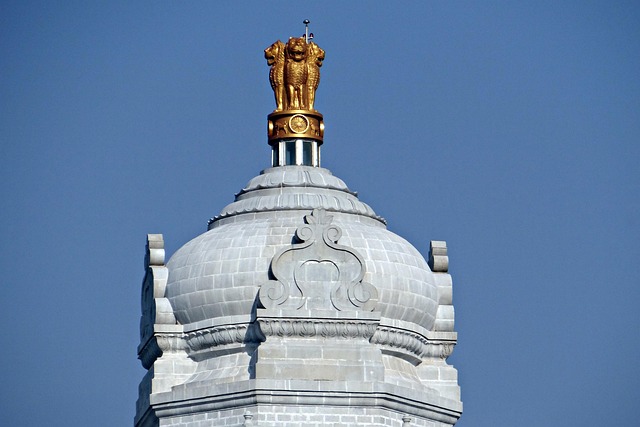Legislature Acts to Protect the Unborn

Charleston, WV – In a decisive move, the West Virginia legislature has overridden Governor's veto of House Bill 302, a bill designed to significantly restrict abortion access within the state. The override vote, which occurred on Tuesday, signals a firm commitment from state lawmakers to protect the lives of unborn children and uphold the sanctity of life.
Key Provisions of House Bill 302

The newly enacted law encompasses several key provisions aimed at limiting abortion access and ensuring informed consent. These include a 24-hour waiting period between the initial consultation and the abortion procedure, requiring abortion providers to offer the opportunity to view an ultrasound, and mandates for detailed information on fetal development to be provided to women considering abortion. Furthermore, the bill strengthens parental consent requirements for minors, requiring written consent from both parents unless certain exceptions apply.
- 24-hour waiting period
- Opportunity to view ultrasound
- Mandatory fetal development information
- Strengthened parental consent
Legislative Leaders Defend the Override
Senate President Craig Blair lauded the override, stating, "Today, we have reaffirmed our unwavering commitment to protecting the most vulnerable among us. This law will save lives and ensure that women are fully informed before making this irreversible decision."
Delegate Amy Summers echoed this sentiment, adding, "This is a victory for life and for the future of West Virginia. We are sending a clear message that we value every human life, born and unborn."
Governor's Stance and Dissent
Governor's veto reflected concerns regarding the bill's potential impact on women's healthcare access. His office released a statement expressing disappointment with the legislature's decision, citing concerns about government overreach into personal medical decisions. However, the supermajority in both legislative chambers effectively nullified his objections.
Implications and Future Outlook

The enactment of House Bill 302 marks a significant shift in West Virginia's abortion landscape. It is anticipated that the new restrictions will lead to a decrease in the number of abortions performed in the state. The legal challenges expected to arise could ultimately determine the long-term validity of the law, potentially setting precedents for other states seeking to enact similar restrictions.
